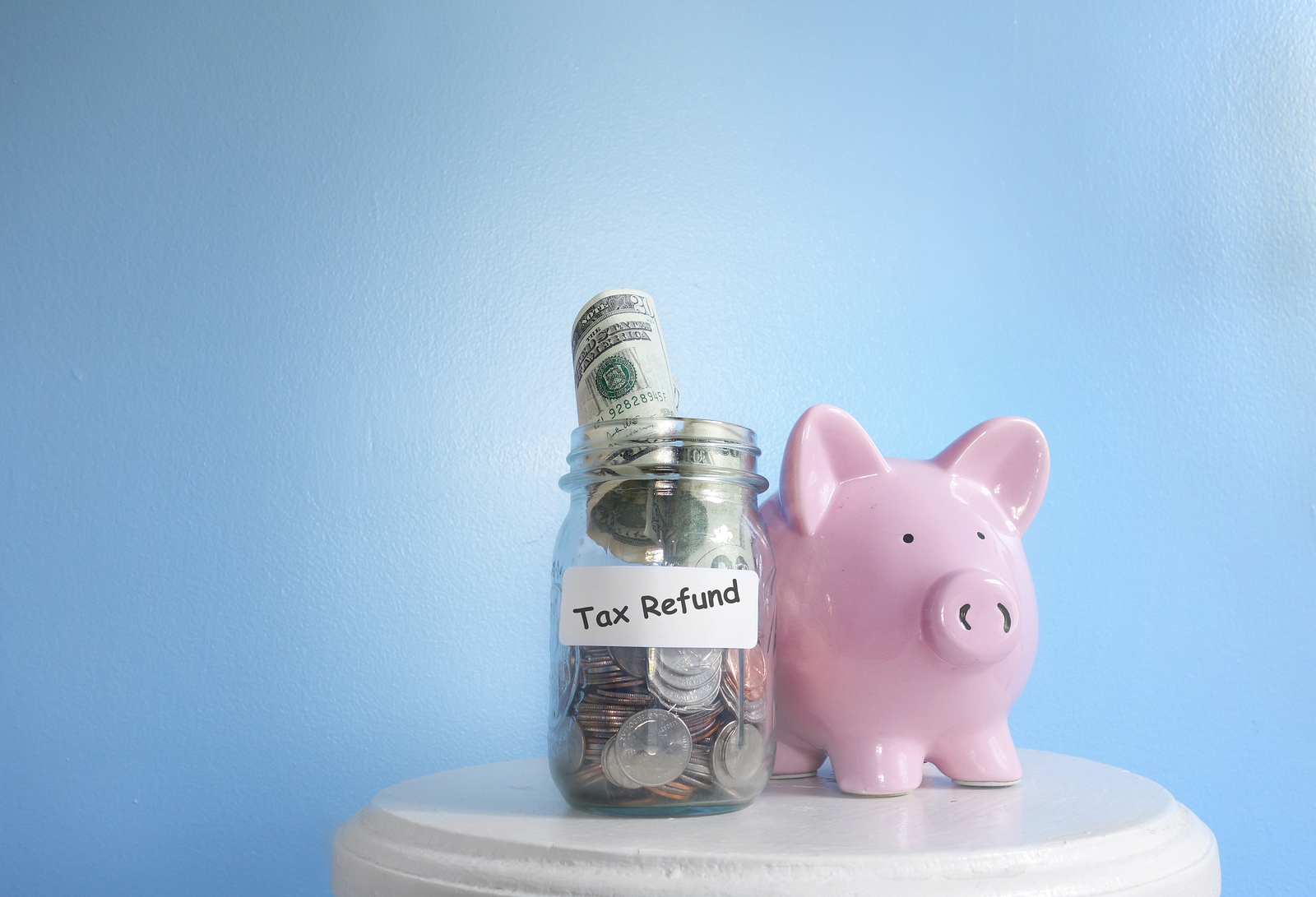With tax refunds hitting bank accounts across the country right about now, it’s important that we think about what this money is and what it can be. On average, Americans get a tax refund of $2,895 each year from the government. This is our money coming back to us. Yet, many of us treat this like “found” cash and are quite skilled at spending it as quickly as we get it. I’m not asking you hold on to your money, I’m asking you to hold out for something better.
There are ways we can invest in our future that feel a little like eating our vegetables. We see a growing war chest that we cannot touch except for emergencies. Do yourself a favor; take this year’s tax refund, and invest it in a vacation or an experience you never thought you could afford.
When was the last time you took a dream vacation? I mean one that really knocked your socks off. What if you used this year’s tax refund on a week-long trip to Hawaii? With nearly three thousand bucks burning a hole in your pocket, you could certainly make the trip but let’s crunch a couple of numbers.
After a cursory search, the cheapest flight I can find right now from Little Rock to Honolulu is just under eight hundred dollars. If we hunted, we could probably find fair accommodations for around $180 a night. We would want to eat, drink, and see the island, so let’s factor in a per diem of $100. At the end of the week, you would have about $130 left over from your tax refund.
I’ll be the first to admit this trip to Hawaii sounds like a pretty great time, but is this really your dream vacation? If money were no object, where would you go? Would you treat your family and take them along? If we are dreaming big dreams, why settle?
In a recent blog post, I explained how changes in our actions and habits, habits as small as a cup of coffee per day, can ripple into big results for us down the line. Through compounding interest, if we forego our morning latte, we could be investing in a more comfortable retirement. If we apply the same principle to this lump sum tax refund of $2,895 with an assumed hypothetical annual 8% rate of return, reinvesting dividends and earnings, we could end up with $29,131 in thirty years.

What kind of difference does this make? For starters, with $29,131 in your vacation/tax refund savings account, you can now buy four first class tickets at $2,500 each and get two $700-a-night rooms for a week. With the price of the rooms and flights, you will have $9,331 left to spend on other things. In other words, you could spend about $1,300 every day you were there for dining, car rental, helicopter rides, or whatever would strike your fancy. Or, maybe Hawaii isn’t for you. That’s fine because you could rent an island or a castle or put a down payment on a summer home. All that matters is that you feel you have the means to spend an incredible time with your loved ones without having to worry about money.
Thirty years may seem like a long time but I promise you it goes by in a blink. Treat yourself and those you love, create memories that will outlive you. If we take this tax refund investment idea one step further and assume that we get the same tax refund of $2,895 every year for the next 30 years and choose to invest the tax refund in each of those years, at an assumed hypothetical 8% rate of return, the result could be a $383,323 balance in our tax refund investment account. Now that is a retirement/vacation/fun nest egg that would be the envy of many, many people.
If you aren’t certain about your financial future or your retirement in particular, take my retirement quiz to see where there is room to grow.
Investing involves risk and clients should carefully consider their own investment objectives and never rely on any single chart, graph or marketing piece to make decisions. The information contained herein is intended for information only, is not a recommendation to buy or sell any securities, and should not be considered investment advice. Please contact your financial adviser with questions about your specific needs and circumstances.
Equity investing involves market risk, including possible loss of principal. The earnings are compounded and reinvested and do not take into consideration any tax implications and their effect on the investment. They are not representative of past or future performance but are provided for illustrative purposes only. Actual results will vary. This type of plan does not ensure a profit or protect against loss in declining markets.


 Subscribe To The Blog
Subscribe To The Blog